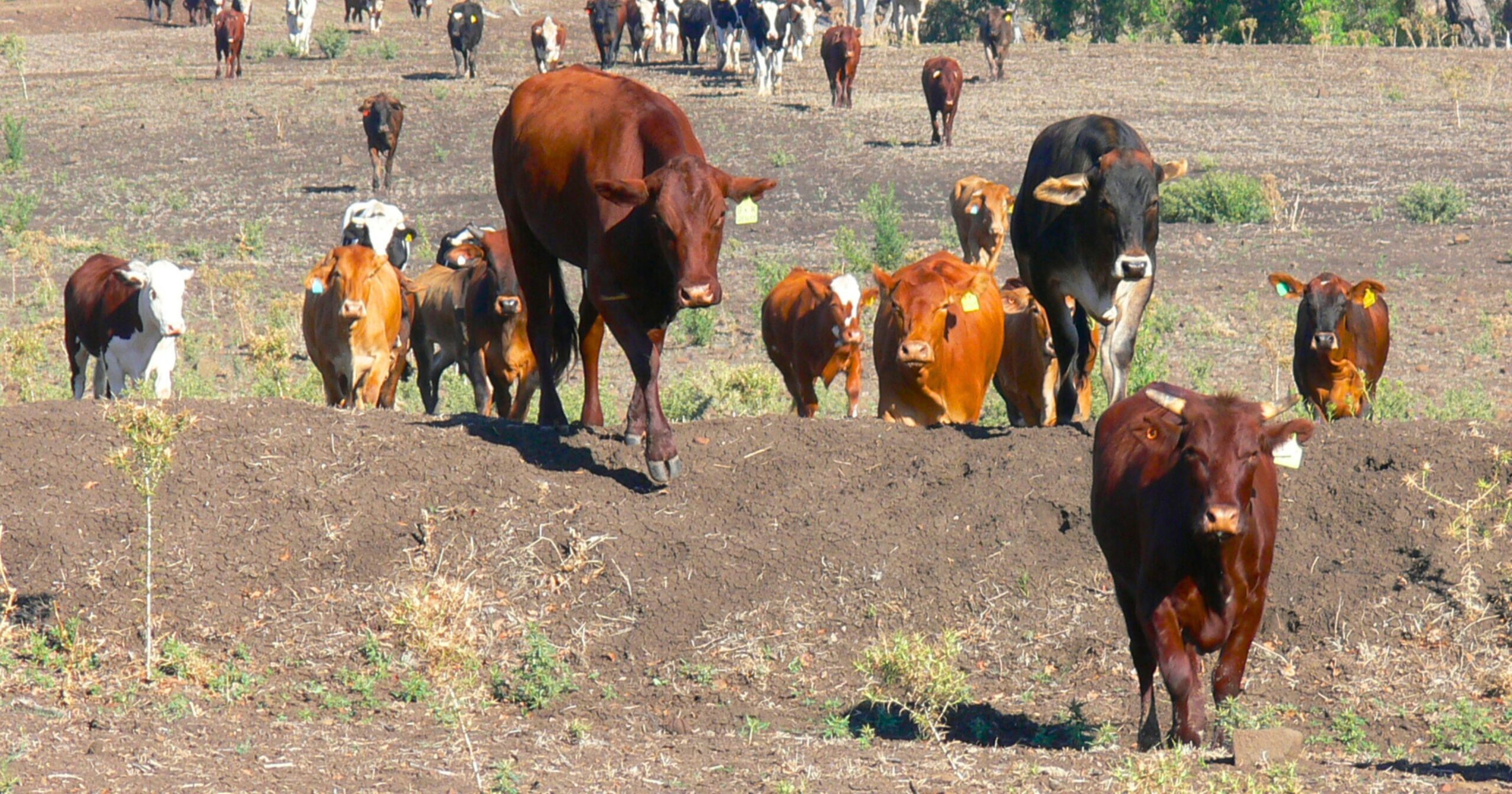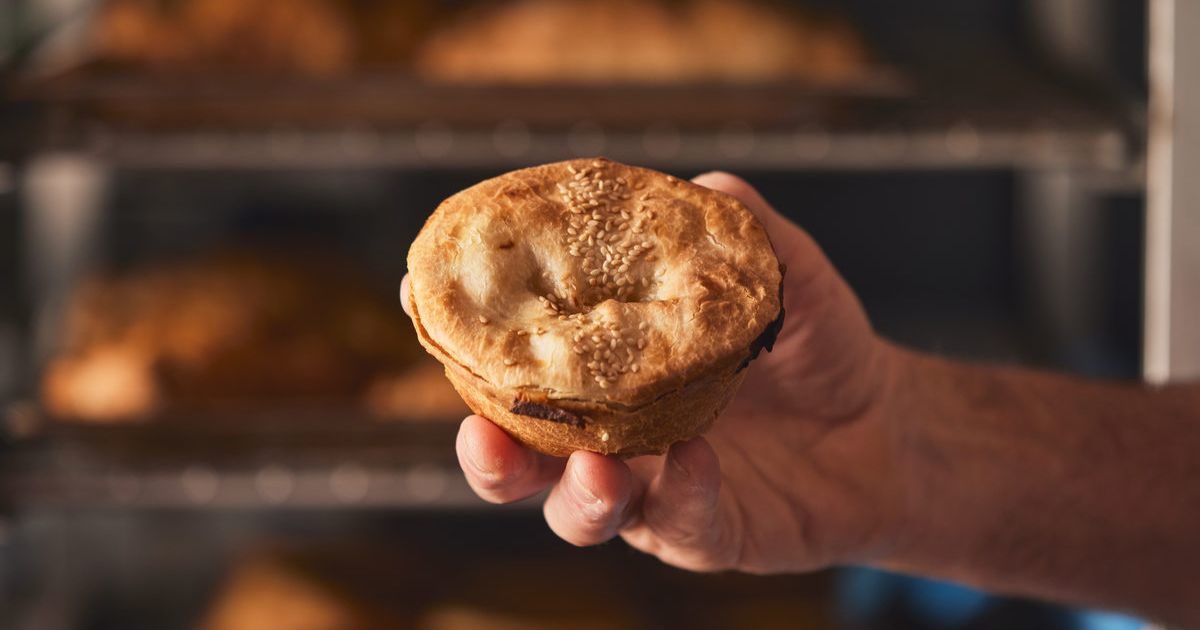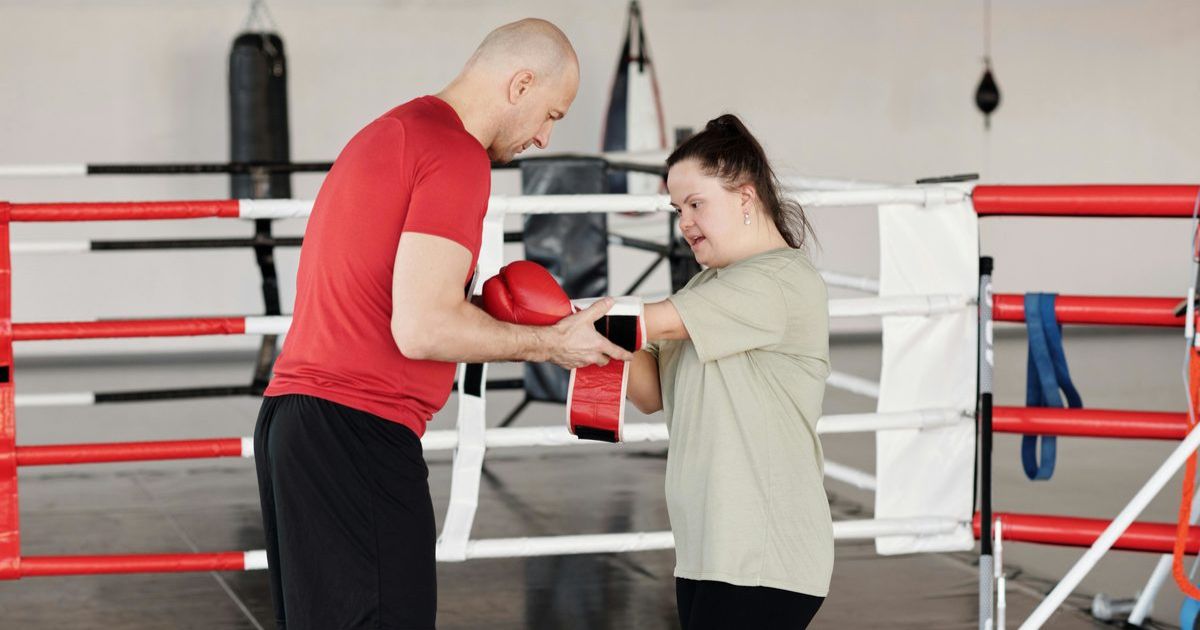Fear Comm Games may worsen housing crisis
LOW-income earners and Indigenous communities across regional Victoria will be most impacted by a potential rise in housing costs brought on by the Commonwealth Games, experts warn.
A new report by the Victorian Housing Peaks Alliance says the 2026 international sporting event, which will be held across Ballarat, Geelong, Bendigo, Gippsland and Shepparton, could exacerbate homelessness unless urgent action is taken.
A combination of high demand, low vacancy rates and increasing rents is already forcing marginalised groups out of their communities and Victorian Council of Social Service chief executive Emma King said the State Government must act now to prevent bigger problems.
“We’ve already seen this happen overseas, for example during the London Olympics we saw rents went up by 500 per cent and they never came back,” she said.
“We really do need to implement rent control in regional areas and create more short-term housing to protect regional communities.”
She added that housing prices in regional areas had already increased in recent years after more city dwellers relocated to rural Victoria during the COVID-19 pandemic.
In 2019-20, Victorian homelessness services helped 105,500 people – 38 per cent of total clients in Australia, according to Council to Homeless Persons data.
The Commonwealth Games is expected to generate at least $3 billion and create more than 7500 jobs.
The State Government previously vowed to transform the athlete’s villages, which will host thousands of participants, into social and affordable housing after the event concludes.
The Victorian Housing Peaks Alliance said more needs to be done.
“At least 30 per cent of all athletes’ village accommodation should be converted into permanent social housing after the Games, to contribute towards the 2032 growth target,” the report states.
It added Victoria needs at least 60,000 new social housing properties by 2032.
Aboriginal Victorians are often significantly affected by the housing crisis economically and socially as they face discrimination and exclusion.
Experts suggest trialling new styles of bigger homes that are suitable for large Aboriginal families and extending funding for the Aboriginal Private Rental Assistance Program.
– BY MIBENGE NSENDULUKA/ AAP



















